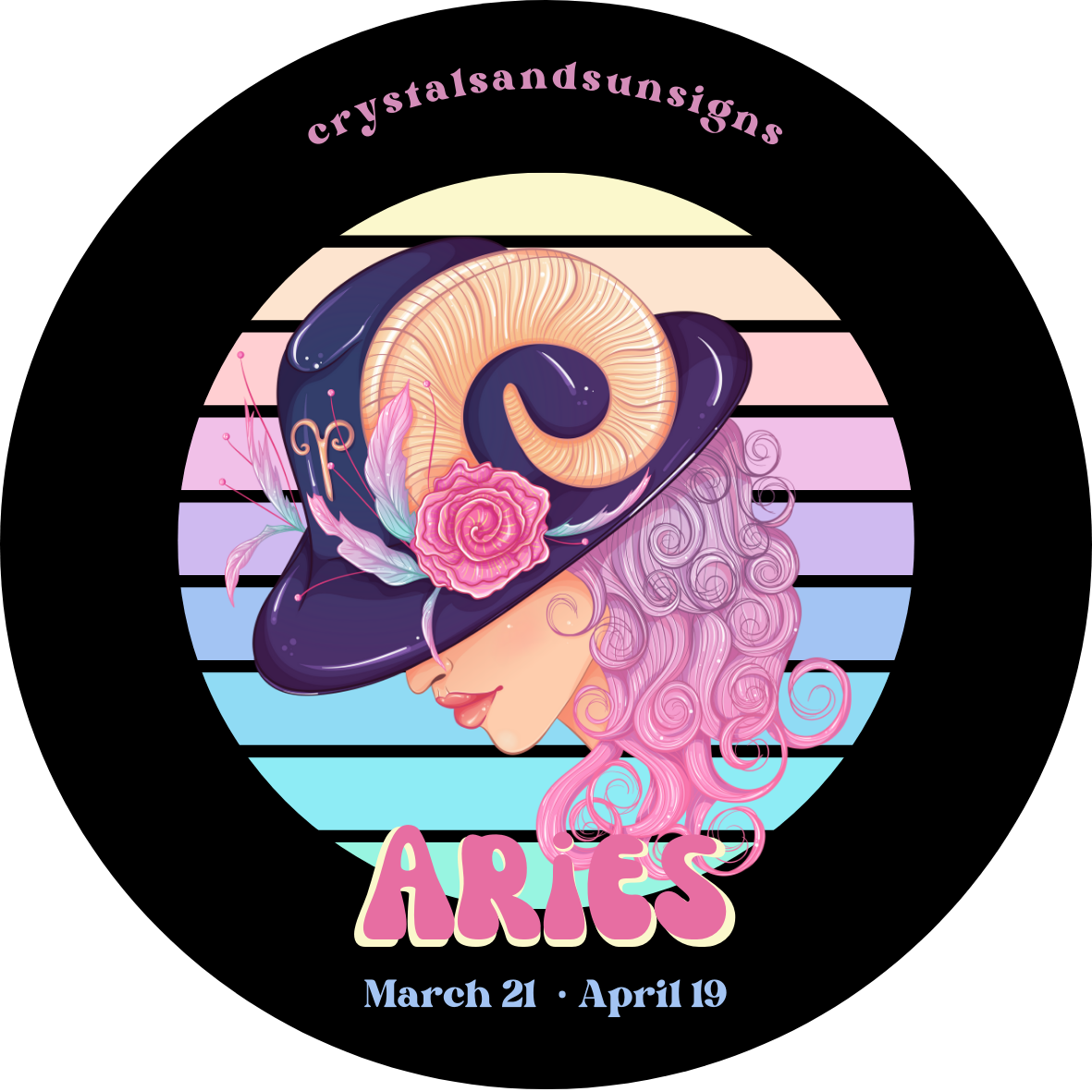Menopause is a natural biological process that marks the end of a woman's menstrual cycles. It typically occurs in her late 40s or early 50s and is diagnosed after 12 consecutive months without a period. This transition brings about various changes in a woman's body due to shifting hormone levels, particularly a decrease in estrogen production.
Key Aspects of Women's Health During Menopause:- Physical Changes: Menopause can lead to symptoms such as hot flashes, night sweats, vaginal dryness, and changes in metabolism.
- Bone Health: Decreased estrogen levels can contribute to bone loss, increasing the risk of osteoporosis.
- Heart Health: Postmenopausal women have a higher risk of heart disease, making cardiovascular health crucial during this stage.
- Mental Well-being: Hormonal fluctuations can impact mood, cognitive function, and overall mental health.
Check out the selection of supplements to help support your health and well being
Tips for Maintaining Women's Health Around Menopause:- Healthy Diet: Prioritize a balanced diet rich in calcium, vitamin D, and other essential nutrients to support bone health.
- Regular Exercise: Engage in weight-bearing exercises, cardio, and strength training to promote overall health and prevent bone loss.
- Stress Management: Practice relaxation techniques like yoga, meditation, or deep breathing to reduce stress levels and improve mental well-being.
- Regular Check-ups: Schedule routine visits with your healthcare provider to monitor changes in your health and address any concerns promptly.
By understanding the impact of menopause on women's health and adopting healthy lifestyle habits, women can navigate this stage with resilience and well-being.
Menopause is a natural phase in a woman's life that can bring about various symptoms and changes. For those looking for natural ways to support their bodies during this transition, herbs can be a great option. Here are some herbs that may help with menopause:
1. Raspberry LeafRaspberry leaf is known for its ability to support the female reproductive system. It is believed to help regulate hormones and ease symptoms like hot flashes and mood swings. Many women find relief by incorporating raspberry leaf tea into their daily routine.
2. AshwagandhaAshwagandha is an adaptogenic herb that can help the body adapt to stress and balance hormone levels. It is often used to reduce anxiety, improve sleep, and boost overall well-being during menopause. Adding ashwagandha supplements to your diet may help alleviate symptoms.
3. Red CloverRed clover is rich in phytoestrogens, which are plant compounds that mimic the effects of estrogen in the body. This herb is commonly used to relieve hot flashes, night sweats, and other menopausal symptoms. Red clover supplements or teas can be a gentle way to support hormonal balance.
It's important to consult with a healthcare provider before incorporating new herbs into your routine, especially if you are taking medications or have underlying health conditions. While herbs can be a natural and effective way to support menopause, individual responses may vary.






